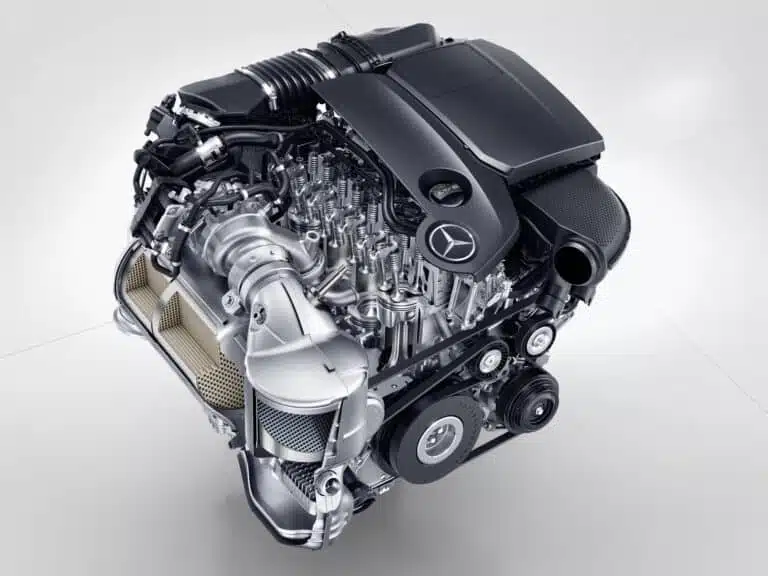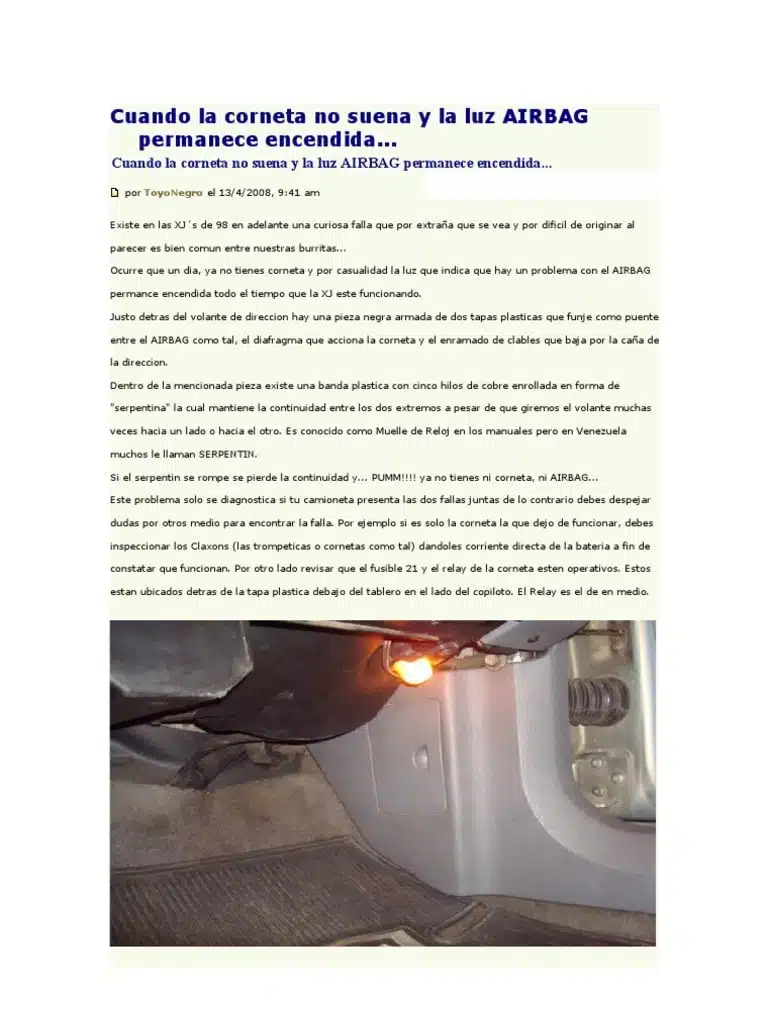The relationship between vehicle maintenance and fuel efficiency in cold climates
Proper maintenance of vehicles is essential not only to guarantee their performance but also to optimize fuel consumption, especially in cold weather conditions. Low temperatures can significantly influence the energy efficiency of a car, affecting factors such as fuel evaporation and the condition of tires. Understanding how proper vehicle care enhances performance in these climatic conditions is fundamental for all drivers who wish to maximize their investment and ensure safe driving.
Proper maintenance of vehicles has a significant impact on their fuel performance, especially in cold climates. When temperatures drop, cars face various challenges that can increase gasoline consumption. This article explores how a good maintenance routine not only helps to optimize fuel spending but also ensures safer and more efficient driving under adverse conditions.
Impact of cold weather on fuel performance
Low temperatures affect how fuel evaporates in the tank. During winter, fuel becomes denser and may evaporate less efficiently, requiring greater effort from the engine to operate correctly. This translates into increased fuel consumption. Additionally, the use of the heater and other electrical systems in the vehicle can lead to additional energy expenditure, which adds pressure to fuel performance.
Influence of the mechanical condition of the vehicle
The mechanical condition of the vehicle is crucial for its energy efficiency. Poor maintenance can result in higher gasoline consumption. For example, a dirty injection system, deflated tires, or a faulty engine can create an overload on the engine, forcing it to use more fuel than necessary. Periodic inspections are essential to ensure that all components are functioning properly.
Maintenance tips for optimal performance
To maximize fuel efficiency in cold climates, it is fundamental to follow a series of maintenance tips. This includes:
- Check tire pressure: In winter, tire pressure can decrease, increasing rolling resistance and consequently fuel consumption.
- Check the exhaust system: A faulty exhaust system can affect engine combustion, leading to higher gasoline consumption.
- Change fuel filters: Dirty filters can restrict fuel flow, directly affecting vehicle performance.
Common maintenance mistakes that affect fuel consumption
Maintenance mistakes can cause a significant increase in fuel spending. Some of the most common mistakes include:
- Not performing regular inspections: Ignoring preventive maintenance can lead to serious problems that not only increase fuel consumption but can also result in costly repairs.
- Incorrect use of the air conditioning: Air conditioning and heating are resources that consume energy; improper use can increase fuel spending.
- Leaving the engine idling: This unnecessarily wastes fuel, especially during prolonged periods.
How proper maintenance improves long-term performance
Investing in regular maintenance not only improves the immediate performance of the vehicle but also extends its lifespan. This means less expense on repairs and a significant saving on fuel consumption. Maintenance practices to consider include:
- Use quality fuels: Suitable fuel can influence the overall performance of the engine and fuel savings.
- Engine maintenance: Proper inspection and adjustment of the engine ensure its optimal operation, resulting in lower consumption.
- Proper selection of oils and filters: Using products recommended by the manufacturer enhances lubrication and efficiency of the engine.
Importance of road safety education and driving habits
Driving habits also play an important role in fuel consumption, especially in cold weather. Adopting practices such as accelerating gently, maintaining constant speeds, and avoiding overloading can reduce gasoline consumption by up to 15%. These practices not only improve fuel economy but also contribute to safer and more efficient driving.
For more information on the impact of maintenance on fuel performance, please refer to the following link: Effects of maintenance on fuel economy.
Additionally, common mistakes that lead to excessive gasoline spending can be avoided: Maintenance mistakes that affect consumption.
To learn more about how to improve your vehicle’s energy efficiency, visit: How to improve energy efficiency.
Finally, explore the benefits of maintenance in fuel efficiency: Benefits of vehicle maintenance.
Vehicle maintenance plays a crucial role in fuel performance, especially in cold climates. Low temperatures can negatively affect engine efficiency and lead to increased fuel consumption. It is essential to pay attention to the vehicle components that may be affected by the cold, such as the injection system, engine oil, and tires, as their good condition is vital to ensure optimal and economical driving.
Driving habits also have a significant impact on fuel consumption. Driving smoothly, avoiding sudden accelerations, and maintaining a constant speed are practices that can reduce emissions and fuel spending by up to 15%. This becomes especially important in cold climates, where the engine needs more time to reach an ideal operating temperature. The combination of good maintenance and efficient driving can result in a considerable reduction in fuel consumption.
Moreover, preventive maintenance becomes an essential tool. Performing regular inspections and timely oil changes not only improves vehicle performance but also prolongs its lifespan. Ensuring that air and fuel filters are clean can enhance performance and reduce fuel costs. In cold climates, it is crucial to use quality fuels, as their composition can influence engine efficiency and overall fuel economy.
In summary, there is a clear relationship between vehicle maintenance and fuel performance in cold conditions. Properly caring for the car and having responsible driving habits are key strategies to optimize consumption and achieve more efficient performance, which translates into significant savings and a lower environmental impact.




